Daily Archives: July 26, 2018

Consumers are going to lose in Cuomo’s bet on wind energy
During his successful 1932 run for the White House, New York Gov. Franklin Roosevelt campaigned hard on the issue of electricity affordability. In a speech in Portland, Ore., he told voters that as governor, he had made sure that the New York Public Service Commission was acting “as an agent of the public.”,,, Alas, under Gov. Cuomo — who’s lining up his own bid for the White House — the Public Service Commission is doing the exact opposite. On July 12, the commission issued a 66-page order that requires the state’s electric utilities to subsidize the development of offshore wind, one of the most expensive methods of producing electricity. Cuomo’s plan, which is adamantly opposed by commercial fishing groups, will require covering hundreds of square miles of some of the most heavily fished and navigated waters on the Eastern Seaboard with hundreds of wind turbines. >click to read<
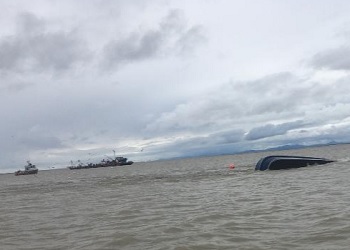
UPDATE: Fuel from sunken vessel closes fishing in Nushagak District
The Alaska Department of Fish and Game announced the closure of the Nushagak District to all commercial fishing as of 1:00 p.m. Thursday after fuel from the sunken fishing vessel Pacific Knight was observed by air. According to ADF&G, fuel was seen by Fish and Game staff pooling in tide rips. The sheen is expected to spread across Nushagak Bay toward Dillingham with the tide, and presents a “significant chance of gear and fish being exposed to fuel.” The department also warns of the chance for gear and fish to be contaminated on Dillingham’s beaches. ADF&G says staff will continue to monitor the spread of fuel. There is no immediate timetable for when fishing might reopen. >click to read<20:41
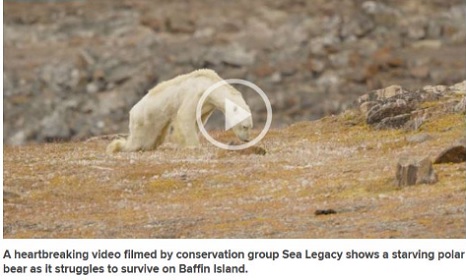
SHOCKER: National Geographic admits they were wrong about “starving polar bear” video
Dr. Susan Crockford says in an essay: Remember that video of an emaciated Baffin Island polar bear that went viral last December? In an unexpected follow-up (“Starving-Polar-Bear Photographer Recalls What Went Wrong“; National Geographic, August 2018 issue), photographer Cristina Mittermeier makes some astonishing admissions that might just make you sick. It turns out they didn’t just come across the dying bear the day it was filmed: it was spotted at least two days earlier by Paul Nicklen. He must have had a satellite phone with him when he saw the bear but the only call he made was to his film crew — he made no attempt to find a local conservation officer to euthanize the bear, which would have been the right thing to do.,,>click to read<15:41
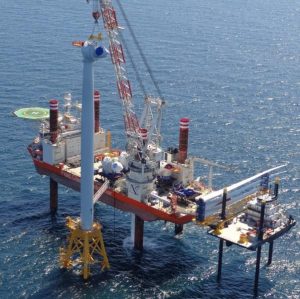
The Jones Act and Offshore Wind in Light of the Aeolus Energy Announcement
A potential sea change came with the recent announcement from Aeolus Energy Partners that the renewable installation and operation company was investing in a fleet of Jones Act-compliant vessels dedicated to the offshore wind industry. Long a barrier to entry for foreign and domestic prospectors alike, the Jones Act, a portion of the Merchant Marine Act of 1920, holds: “A vessel may not provide any part of the transportation of merchandize by water, or by land and water, between points in the United States to which the coastwise laws apply, either directly or via a foreign port [unless the vessel was] built in and documented under the laws of the United States and owned by person who are citizens of the United States.” >click to read<15:03

N.L., Equinor announce $6.8B offshore deepwater oil project
Newfoundland and Labrador and Equinor Canada have announced an agreement to develop the Bay du Nord oil project — the first remote, deepwater project in the province’s offshore. The province is buying 10 per cent of the project, which should bring in $3.5 billion in government revenues and will cost $6.8 billion to develop. “Today marks the global recognition of Newfoundland and Labrador as a preferred location for deepwater production,” said Premier Dwight Ball Thursday morning.,, Ball was joined by Natural Resources Minister Siobhan Coady and Unni Fjaer, a vice-president with Equinor Canada — previously known as Statoil. >click to read<14:17
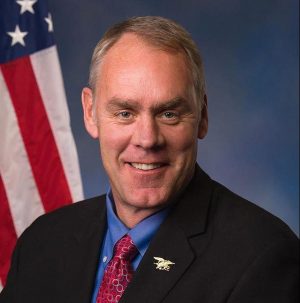
A profound threat to our fisheries, the ocean habitat, and our way of life. Please read and sign this important petition
Dear Secretary Zinke: We participate, either directly or indirectly, in a wide range of commercial fisheries in the New York-New Jersey Bight. The Bight is the geographic indentation along the Atlantic Coast extending northeasterly from Southern New Jersey to the eastern tip of Long Island. We write to express our concern and opposition to the proposed wind energy lease areas the Bureau of Ocean Energy Management (BOEM) has put out for “Call” in the New York-New Jersey Bight. We have appreciated your outreach to our industry over the past year, and hope we can continue a constructive dialogue. At the same time, we want to make sure you understand that the risks to our industry from poorly-planned offshore wind energy development are immense. If you were to draw a bulls-eye where our historic Mid-Atlantic fishing grounds are on a map, the bulls-eye would include the Hudson North and Hudson South Areas identified by the State of New York, and the Fairways North and Fairways South areas that BOEM unilaterally and subsequently added to the Call. This is a profound threat to our fisheries, the ocean habitat more generally, and our way of life. >click here to read and sign the petition<12:33
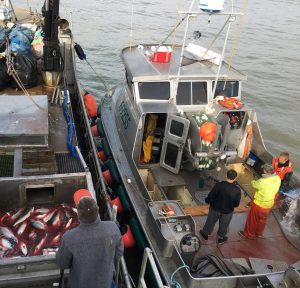
How much Bristol Bay processors will pay for salmon
The question on every Bristol Bay fisherman’s mind at this point in the season is base price: How much cash am I going to get for my salmon? A few Bristol Bay processors said they’re still waiting on their corporate headquarters to release prices, but here’s what we do know as of Tuesday: On Monday, Copper River Seafoods raised its price from $1.30 to $1.70 per pound for chilled, bled and separated sockeye only. Kings larger than 11 pounds bring in $3 per pound, and smaller kings go for $2 a pound. Copper River is paying 80 cents per pound on silvers, 45 cents per pound on chum and 30 cents per pound for pinks. Trident Seafoods is paying,,, >click to read<11:02
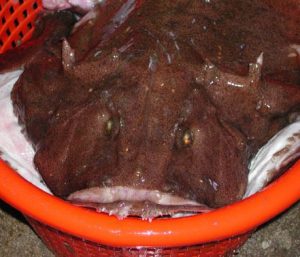
2018-2019 Monkfish Research Set-Aside (RSA) Program
Three new cooperative research projects announced today will improve understanding of monkfish biology and how to reduce catch of skates in monkfish gillnet gear. The projects are possible because of an innovative program established by the New England and Mid-Atlantic Fishery Management Councils, and managed by NOAA Fisheries in the region. Under it, monkfish fishing days are set-aside each year and revenue generated from the sale of those days are used to pay for research projects. Award recipients for the 2018-2019 Monkfish Research Set-Aside (RSA) Program include the Coonamessett Farm Foundation, Cornell Cooperative Extension of Suffolk County, and the University of New England. >click to read<10:08
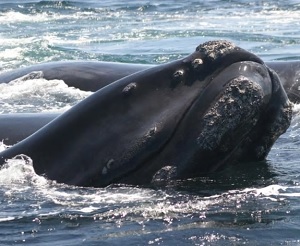
Whale News – Rare right whale last seen in Cape Cod Bay spotted in Iceland, Southern resident Orca calf dies soon after birth
A right whale last seen off Marshfield has turned up in Iceland. An Icelandic whale watch tour spotted the critically endangered mammal on Monday. Mogul, the 10-year-old male North Atlantic right whale, was last seen in Cape Cod Bay April 21. >click to read< Mogul the right whale’s appearance off Iceland puzzles scientist >click to read< Meanwhile, The first calf born in three years to the endangered orcas that spend time in Pacific Northwest waters died Tuesday – >click to read< Alexandra Morton Press release – Baby Orca death could be linked to salmon farm virus >click to read< NOAA prioritizing West Coast Chinook salmon stocks for Southern Resident killer whale recovery >click to read<09:27






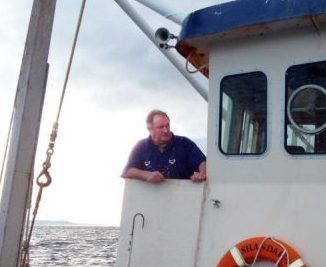



























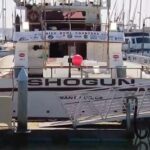
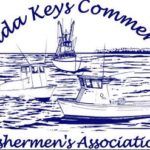
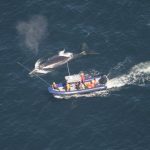
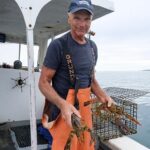
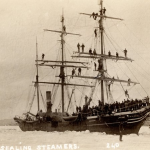

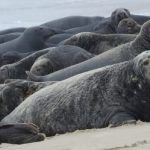

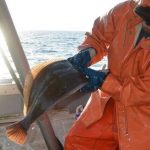
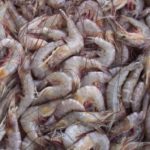
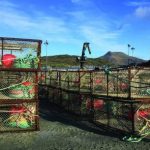
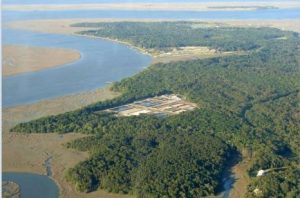
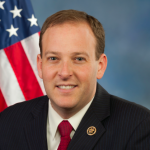



Governor Cuomo And Attorney General Underwood Demand Changes To Unfair Federal Fishing Quotas
Governor Andrew M. Cuomo and Attorney General Barbara D. Underwood today submitted comments to U.S. Commerce Secretary Wilbur Ross and demanded that the U.S. Department of Commerce, National Oceanic and Atmospheric Administration, National Marine Fisheries Service, and Mid-Atlantic Fishery Management Council repeal and replace the unfair state-by-state allocation of the annual commercial quota for summer flounder, also known as fluke. The need for equitable distribution of fluke is critically important to New York’s fishing industry and the state’s overall ocean economy. >click to read<17:27
Share this post